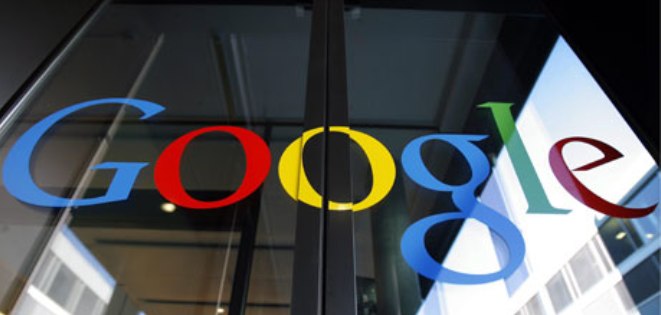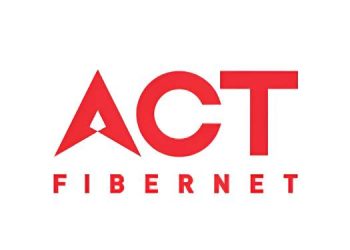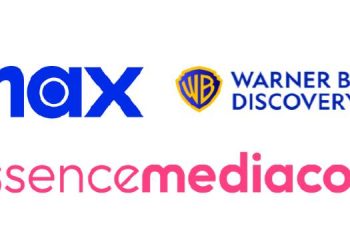YouTube has further pitched itself as the location brands can engage with millennials, urging advertisers to shift at least 24% of their TV media spend to the Google owned video platform to ensure greater reach and engagement.
Eileen Naughton, Google managing director of UK and Ireland operations, said at the company’s Brandcast event in London on Tuesday evening (13 October) that media buys reached audiences more readily with YouTube integrated with its strategy.
Using the Google Extra Reach Tool, YouTube analysed over 1,000 TV campaigns and, perhaps unsurprisingly, found these performed better when backed up with a YouTube presence. However, she added that this media buy was particularly effective at engaging with “the hard to reach 16- to 34-year-olds,” data which she used as a carrot to urge brands to reroute almost a quarter of their TV spend to YouTube.
However, outside of the millenial age bracket Naughton conceded that TV spend is still a necessity.
Naughton said: “Our view is that we should get YouTube to be on every media plan. It deserves to be, just on the basis of audience scale and the degree of engagement and intimacy viewers have.
“You’re really close to your phone, so if you choose to engage with a YouTube ad, that’s all user choice, and we find that choice yields higher engagement.”
Quoting Ipsos research, in which Google participated, Naughton said a campaign appearing cross-platform on TV and YouTube evoked more recall than if the same number of ads had appeared on TV alone. A total of 96 per cent of ads measured across the platforms, generated an average of 71 per cent more recall.
Matt Brittin, president EMEA business and operations, Google added: “We now have more than a billion monthly viewers and the time spent watching YouTube in the UK has grown 60 per cent in the last year. According to ComScore, YouTube reaches 100 per cent of 18 to 34-year-olds in the UK. YouTube is the mainstream.”
YouTube gathered a handlful of advertisers to support its message, including the marketing director for EE Spencer McHugh. He said that for its Wembley Cup YouTuber-led campaign – targetting the tech savvy 16-34 male audience – it unquestionably had to turn its attention, and budget, to YouTube.
“The Wembley Cup has been a genuinely collaborative effort to create an entertaining and engaging series and deliver something to the audience on a size and scale which [we] had never seen before,” he said.

















